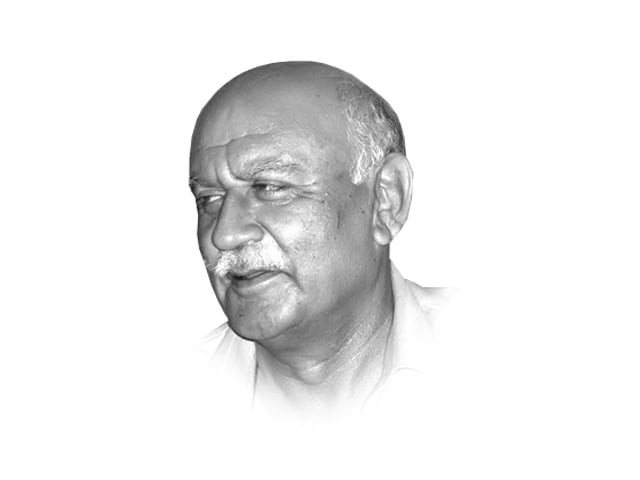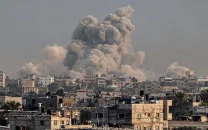In search of a foreign policy
It has become necessary for Pakistan to formulate a foreign policy that will end our total US dependence.

In search of a foreign policy
Policy formulation is a complicated business and foreign policy is perhaps the most difficult of all policies to flesh out since it involves relations with other countries; each of which have their own policies. The essential ingredient is to seek common interests and/or possible flashpoints; capitalising on the former and negotiating the latter with each country that is involved in the policy. An obvious compulsion is that of geography. Ideally speaking, any nation at peace with its neighbours can concentrate on developing human resources. In the event of a threat, monies diverted to combatting the threat are at the cost of providing economic/human/social security.
Currently, the threat from violence to Pakistan comes from within as well as from across our western borders. While Pakistan-US relations have always been rocky and unstable, it has recently become obvious that an increasing number of our interests were becoming divergent; which by no stretch of imagination intends to imply that none converge. Perhaps it has become necessary for Pakistan to formulate a foreign policy that will, in time, end our long (tried-and-frequently-failed) policy of total US dependence.
There are two indicators that the government is finally looking at other options. While Iran desperately needs to export energy, the US, being equally desperate, wants to prevent anything that might make Iran economically better off. Consequently, President Zardari’s recent visits to Tehran; and the finalisation of the much delayed gas pipeline are a positive step in a direction that might make us less US-dependent.
Similarly, before the US announced its suspension of military aid, General Kayani’s announcement that all future US aid for the military should be diverted to the public sector indicated that he had foreseen the policy of aid suspension. Simultaneously, we are witnessing a more proactive effort, both by the military and the government, to improve relations with India and Afghanistan.
There has been considerable speculation regarding the hastily scheduled visit of the ISI chief to the US. Anti-American elements state that General Pasha is going to read the CIA the riot act, even threaten to close the Nato supply route! Professional ‘army/ISI bashers’ say that he is going to beg for resumption of aid, and then there are numerous views that lie between the two.
My view is that General Pasha’s visit was merely to establish intelligence-sharing procedures and activities under freshly redefined parameters. Now that Pakistan has indicated that it will defend its national interests when they diverge with those of the US, and the US attempt to pressurise Pakistan by suspending military aid has not succeeded, his visit merely sought corridors where our interests still converge.
If my assessment regarding the drafting of a foreign policy direction is correct, I hope that the next step will be a comprehensive domestic security policy which addresses all issues relating to our human capital.
Published in The Express Tribune, July 21st, 2011.


















COMMENTS
Comments are moderated and generally will be posted if they are on-topic and not abusive.
For more information, please see our Comments FAQ